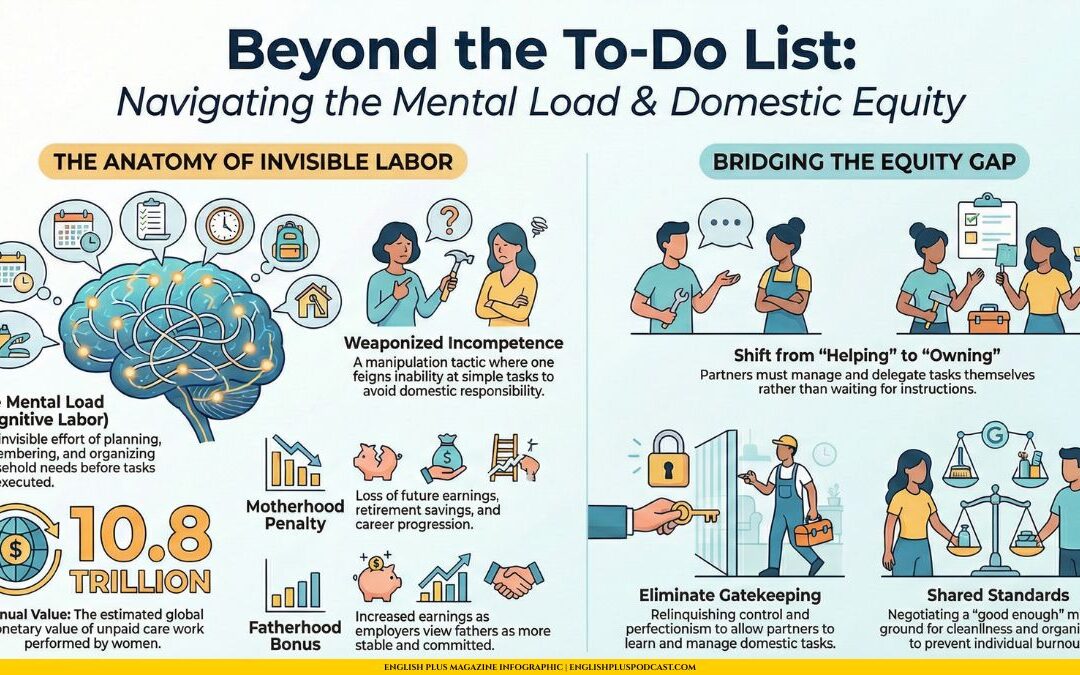Introduction
Access to healthy food is a fundamental human right. Unfortunately, not everyone has equal access to fresh produce and other healthy foods. Low-income families, in particular, may face challenges in accessing nutritious food due to financial constraints and limited availability of grocery stores in their communities. However, individuals and organizations have taken matters into their own hands by starting community gardens to provide fresh produce for those in need. In this article, we will explore the benefits of community gardens and highlight some inspiring examples of individuals and organizations that have started community gardens to address food insecurity and promote healthy eating.
Benefits of Community Gardens
Community gardens are spaces where people come together to grow food, share resources, and build community. These gardens offer many benefits, including:
- Increased access to fresh produce: Community gardens provide a source of fresh, locally-grown produce for individuals and families who may not have easy access to grocery stores or farmers’ markets.
- Improved nutrition: Access to fresh produce can improve the nutrition of individuals and families, leading to better health outcomes and reduced risk of chronic diseases.
- Educational opportunities: Community gardens offer opportunities for people to learn about gardening, nutrition, and sustainability.
- Increased social connections: Community gardens bring people together and create opportunities for socializing, building relationships, and strengthening community bonds.
- Environmental benefits: Community gardens can help mitigate climate change by reducing the carbon footprint associated with food transportation and promoting sustainable agricultural practices.
Examples of Community Gardens for Low-Income Families
There are many inspiring examples of individuals and organizations that have started community gardens to provide fresh produce for low-income families. Here are just a few:
1. The People’s Garden, Washington D.C.
The People’s Garden is a USDA initiative that was launched in 2009 with the goal of establishing community gardens across the country. The garden in Washington D.C. is located near the USDA headquarters and provides fresh produce for local food banks and homeless shelters. The garden also serves as an educational space, offering workshops on gardening and healthy eating.
2. City Slicker Farms, Oakland, CA
City Slicker Farms is a non-profit organization that was founded in 2001 with the goal of creating urban farms and gardens in West Oakland. The organization started with a single plot of land and has since expanded to include several community gardens and urban farms. City Slicker Farms provides fresh produce for low-income families and also offers gardening and cooking classes to help promote healthy eating.
3. Growing Power, Milwaukee, WI
Growing Power was founded in 1993 by Will Allen, a former professional basketball player turned urban farmer. The organization’s flagship farm in Milwaukee includes a 2-acre greenhouse and several outdoor growing areas. Growing Power provides fresh produce for local food banks and markets and also offers training programs for aspiring urban farmers.
4. The Food Project, Boston, MA
The Food Project was founded in 1991 with the goal of creating a sustainable food system in the Boston area. The organization operates several community gardens and farms and also runs a youth program that engages young people in growing food and learning about healthy eating. The Food Project provides fresh produce for local farmers’ markets and also donates produce to local food banks and hunger relief organizations.
5. Denver Urban Gardens, Denver, CO
Denver Urban Gardens was founded in 1985 and has since established more than 150 community gardens in the Denver area. The organization provides fresh produce for low-income families and also offers gardening classes and workshops. Denver Urban Gardens has also launched several initiatives to increase access to fresh produce in underserved communities, including a mobile farmers’ market and a program that provides gardening supplies.
6. The Los Angeles Community Garden Council, Los Angeles, CA
The Los Angeles Community Garden Council (LACGC) was founded in 1998 and is one of the largest community garden organizations in the United States. LACGC operates 41 community gardens throughout Los Angeles and provides fresh produce for low-income families. The organization also offers gardening and nutrition classes and works to promote food justice in the Los Angeles area.
7. Brooklyn Grange, New York, NY
Brooklyn Grange is a rooftop farming company that operates several urban farms in New York City. The organization started in 2010 with a single rooftop garden in Brooklyn and has since expanded to include several farms throughout the city. Brooklyn Grange provides fresh produce for local restaurants and markets and also offers community-supported agriculture (CSA) programs to provide fresh produce for local families.
8. The Detroit Black Community Food Security Network, Detroit, MI
The Detroit Black Community Food Security Network was founded in 2006 with the goal of creating a sustainable food system in the Detroit area. The organization operates several urban farms and community gardens and also runs a farm-to-school program to provide fresh produce for local schools. The Detroit Black Community Food Security Network also works to promote food justice and social equity in the Detroit area.
9. The Refugee Urban Agriculture Initiative, Lancaster, PA
The Refugee Urban Agriculture Initiative (RUAI) was founded in 2016 with the goal of providing fresh produce and economic opportunities for refugees resettled in the Lancaster area. The organization operates several urban farms and community gardens and also provides training and support for refugee farmers. RUAI provides fresh produce for local farmers’ markets and also partners with local restaurants and institutions to promote the use of locally-grown produce.
10. The Boston Medical Center Rooftop Farm, Boston, MA
The Boston Medical Center (BMC) Rooftop Farm was established in 2016 with the goal of providing fresh produce for patients and staff at the BMC. The rooftop farm includes 7,000 square feet of growing space and provides fresh produce for the hospital’s kitchen and cafeteria. The farm also offers educational opportunities for patients and staff and works to promote healthy eating and sustainable agriculture.
Conclusion
Community gardens offer many benefits for low-income families, including increased access to fresh produce, improved nutrition, educational opportunities, increased social connections, and environmental benefits. Individuals and organizations that have started community gardens to address food insecurity and promote healthy eating are making a valuable contribution to their communities. These inspiring examples show that community gardens can make a real difference in the lives of those who are most in need of fresh, nutritious food. By supporting community gardens and promoting food justice, we can work together to create a more equitable and sustainable food system for all.
Keywords:
- Community gardens: Spaces where people come together to grow food, share resources, and build community.
- Fresh produce: Refers to fruits and vegetables that are recently harvested and haven’t been processed or preserved.
- Low-income families: Families with limited financial resources and income.
- Nutrition: The process of providing or obtaining the food necessary for health and growth.
- Chronic diseases: Long-term medical conditions that require ongoing management and treatment, such as diabetes or heart disease.
- Sustainability: The ability to maintain or continue something over time, without depleting resources or causing harm to the environment.
- Social connections: The relationships that individuals have with others, which provide a sense of belonging and support.
- Carbon footprint: The total amount of greenhouse gases that are released into the atmosphere as a result of human activities, such as transportation or energy production.
- USDA: The United States Department of Agriculture, a federal agency responsible for developing and executing federal laws related to farming, forestry, and food.
- Food insecurity: The lack of access to enough food for an active, healthy life for all household members.
- Urban farms: Farms located within or close to urban areas.
- Non-profit organization: An organization that operates for purposes other than making a profit and whose income is not distributed to its members or officers as dividends.
- Food justice: The belief that access to healthy food is a basic human right and should be available to everyone, regardless of their income or location.
- Community-supported agriculture (CSA): A system in which individuals or families pledge to support a local farm by purchasing a share of its harvest in advance.
- Food system: The network of activities and resources involved in producing, processing, distributing, and consuming food.










0 Comments